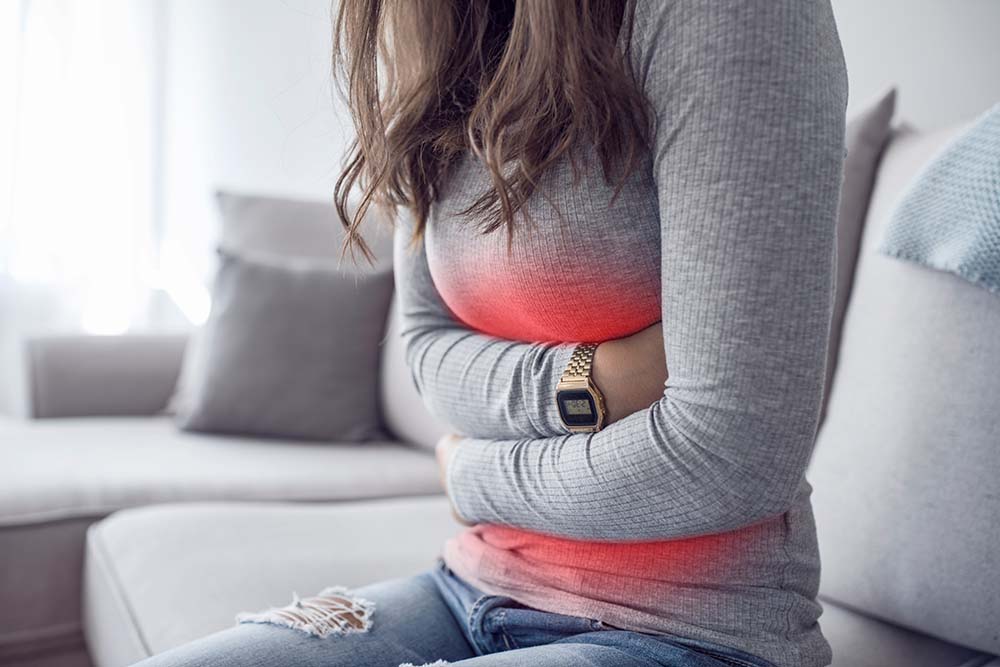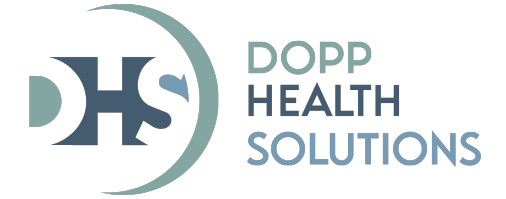Menu
And, the lack of a gallbladder can make it difficult to break down and absorb the nutrients in your food, which can lead to additional health problems caused by nutrient deficiencies.
Did you know that gallbladder removal is the most common surgery performed worldwide1? In my experience, many people undergo an emergency cholecystectomy (gallbladder removal surgery) with little guidance about the long-term side effects of gallbladder removal.
It’s very common to experience severe digestive issues right after surgery or even years after surgery, but we rarely connect these issues to the lack of a gallbladder.

These digestive issues may eventually lead to a condition known as PCS or post-cholecystectomy syndrome. Symptoms are like those pre-surgery, such as:

Why is gallbladder health an issue? Without a gallbladder, bile may not be strong enough to complete several necessary body functions, such as:
In a nutshell, you can eat the healthiest diet on the planet, but without the ability to break down and absorb nutrients, you won’t be nourished from your food.
If gallbladder health issues or gallbladder removal side effects are impacting your health, I can help. As a nutrition master therapist, I can help you reach your health goals through sustainable diet and lifestyle strategies that deliver the results you want.
1 Hassler KR, Collins JT, Philip K, Jones MW. Laparoscopic Cholecystectomy. 2023 Jan 23. In: StatPearls [Internet]. Treasure Island (FL): StatPearls Publishing; 2023 Jan–. PMID: 28846328.
2 Zackria R, Lopez RA. Postcholecystectomy Syndrome. In: StatPearls. Treasure Island (FL): StatPearls Publishing; August 29, 2022.
3 Tsai MC, Chen CH, Lee HC, Lin HC, Lee CZ. Increased Risk of Depressive Disorder following Cholecystectomy for Gallstones. PLoS One. 2015;10(6):e0129962. Published 2015 Jun 8. doi:10.1371/journal.pone.0129962
4 Jin EH, Han K, Lee DH, et al. Increased Risk of Major Depressive Disorder After Cholecystectomy: A Nationwide Population-Based Cohort Study in Korea. Clin Transl Gastroenterol. 2021;12(4):e00339. Published 2021 Apr 20. doi:10.14309/ctg.0000000000000339
5 Tortora GJ, Derrickson B. Introduction to the Human Body : The Essentials of Anatomy and Physiology. John Wiley & Sons; 2015.
6 Sharon Rady Rolfes, Pinna K, Eleanor Noss Whitney. Understanding Normal & Clinical Nutrition. 11th ed. Cengage Learning; 2018.
7 Hundt M, Basit H, John S. Physiology, Bile Secretion. In: StatPearls. Treasure Island (FL): StatPearls Publishing; September 26, 2022.
8 Boyer JL. Bile formation and secretion. Compr Physiol. 2013;3(3):1035-1078. doi:10.1002/cphy.c120027

By signing up, you agree to our Privacy Policy & Cookie Statement and to receive marketing and account-related emails from Dopp Health Solutions. You can unsubscribe at any time.
Disclaimer: The information on this website is for educational purposes only and should not be considered medical advice. The information presented here is intended to help you make informed decisions about your health and is not intended to replace the advice of your doctor.